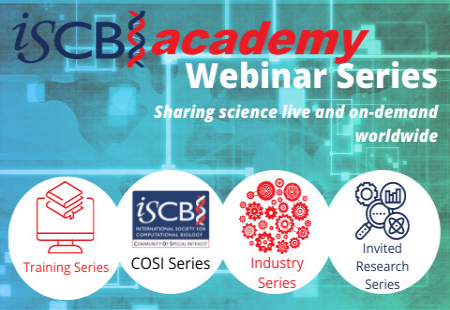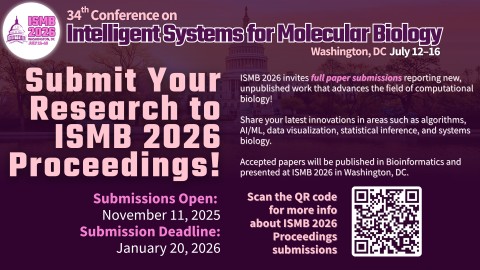
FASEB News - April 26, 2010
Contact: Cody Mooneyhan
This email address is being protected from spambots. You need JavaScript enabled to view it.
301-634-7104
Federation of American Societies for Experimental Biology
Phosphorous in Sodas and Processed Foods Accelerates Signs of Aging say Harvard Scientists
New research in the FASEB Journal shows that high levels of phosphate in sodas and processed foods accelerate the aging process in mice and contribute to age-associated complications such as chronic kidney disease
Here's another reason to kick the soda habit. New research published online in the FASEB Journal (www.fasebj.org) shows that high levels of phosphates may add more "pop" to sodas and processed foods than once thought. That's because researchers found that the high levels of phosphates accelerate signs of aging. High phosphate levels may also increase the prevalence and severity of age-related complications, such as chronic kidney disease and cardiovascular calcification, and can also induce severe muscle and skin atrophy.
"Humans need a healthy diet and keeping the balance of phosphate in the diet may be important for a healthy life and longevity," said M. Shawkat Razzaque, M.D., Ph.D., from the Department of Medicine, Infection and Immunity at the Harvard School of Dental Medicine. "Avoid phosphate toxicity and enjoy a healthy life."
To make this discovery, Razzaque and colleague examined the effects of high phosphate levels in three groups of mice. The first group of mice was missing a gene (klotho), which when absent, causes mice to have toxic levels of phosphate in their bodies. These mice lived 8 to 15 weeks. The second group of mice was missing the klotho gene and a second gene (NaPi2a), which when absent at the same time, substantially lowered the amount of phosphate in their bodies. These mice lived to 20 weeks. The third group of mice was like the second group (missing both the klotho and NaPi2a genes), except they were fed a high-phosphate diet. All of these mice died by 15 weeks, like those in the first group. This suggests that phosphate has toxic effects in mice, and may have a similar effect in other mammals, including humans.
"Soda is the caffeine delivery vehicle of choice for millions of people worldwide, but comes with phosphorous as a passenger" said Gerald Weissmann, M.D., Editor-in-Chief of the FASEB Journal. "This research suggests that our phosphorous balance influences the aging process, so don't tip it."
Receive monthly highlights from the FASEB Journal by e-mail. Sign up at www.faseb.org/fjupdate.aspx. The FASEB Journal (www.fasebj.org) is published by the Federation of the American Societies for Experimental Biology (FASEB). The journal has been recognized by the Special Libraries Association as one of the top 100 most influential biomedical journals of the past century and is the most cited biology journal worldwide according to the Institute for Scientific Information.
FASEB comprises 23 societies with more than 90,000 members, making it the largest coalition of biomedical research associations in the United States. FASEB enhances the ability of scientists and engineers to improve—through their research—the health, well-being and productivity of all people. FASEB's mission is to advance health and welfare by promoting progress and education in biological and biomedical sciences through service to our member societies and collaborative advocacy.
Details: Mutsuko Ohnishi and M. Shawkat Razzaque. Dietary and genetic evidence for phosphate toxicity accelerating mammalian aging. FASEB J. doi:10.1096/fj.09-152488 ; www.fasebj.org/cgi/content/abstract/fj.09-152488v1



























